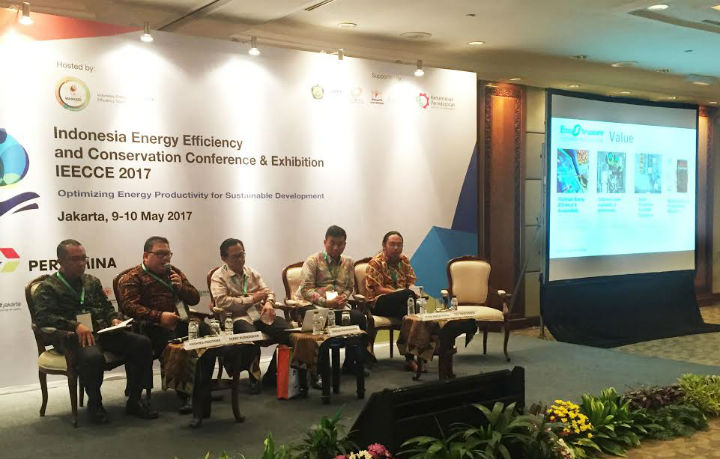A range of eco-friendly programmes are set to be introduced by the Ministry of Transportation in an effort to improve environmental outcomes.
The transports sector is the highest energy-consuming sector across the archipelago, contributing 46 percent of national total energy usage and steadily increasing 5.6 percent annually.
The announcement was made May 10 by the Minister of Transportation Budi Karya Sumadi during his keynote speech at the Indonesian Energy Efficiency and Conservation Conference at the Jakarta Convention Centre.
Sumadi said the exploitation of energy resources by the transportation sector has had a social, economic and environmental impact globally. To bring energy usage under control in Indonesia, the government has improved requirements for public transportation and infrastructure. The top plans within the programme include provisions for rapid transit buses, facilitating the integration of public transport and developing coordinated traffic signs.
In addition to improving public transports services, the government is also encouraging the community to reduce vehicle use by providing better pavements for pedestrians and cyclists.
“First, we need to initiate the use of transportation vehicles which are environmentally friendly. And that would be mass transportation. Take Jakarta as an instance, we are now developing BRT, MRT and LRT. Those projects are also aimed at solving heavy congestion problems in the capital while also serving as a solution to maintaining the environment sustainability,” Sumadi said.
The Ministry of Transportation has also developed policies regarding electrical energy usage and solar-powered energy for transportation infrastructure, including stations, ports and airports.
Additionally, a private consumer initiative is planned to launch electricity-powered motorcycles.
“We hope this new kind of lifestyle will grow so we can attain the economic scale of it and take it to an even greater amount,” he added.
The minister said he hoped citizens will support the programme and participate enthusiastically, particularly in reducing energy usage of private vehicles and shifting to mass transportation.
“We hope that by 2025, the percentage of public transportation usage by people will be increased to 30 percent. The number might seem low, but it’s not easy to achieve that. Nevertheless, if we’re doing this together consistently, we would make it happen,” he said.
See: How The Government Aims To Better Connect Indonesia’s Cities In 2017
Image credits: Press Release




